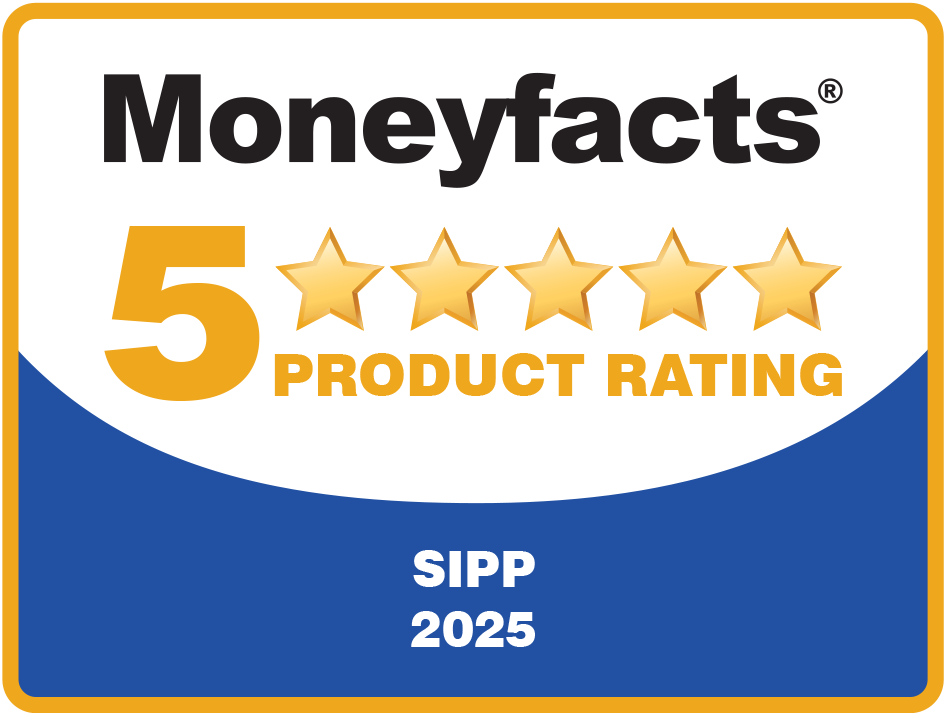Death benefits and SIPPs – vital information you and your clients need to know
One of our clients sadly passed away recently. Once notified of a death, we work with the client’s adviser in order to ensure that the client’s wishes are carried out in respect of the distribution of pension benefits.
On this occasion, there was an issue.
The client had nominated his wife as the sole beneficiary of the SIPP – however, she had passed away four years earlier and the nomination form had not subsequently been updated. With no children it was not immediately clear as to how the client would have wanted their benefits distributed.
While we are now working with the adviser and the client’s executor in this instance, it gave us a timely reminder of how important the often-overlooked death benefit nomination for a SIPP is. This is particularly the case since 2015. Let us consider this further…
Always keep the death benefit nomination up to date
Benefits held in a pension scheme do not form part of a client’s estate. Therefore, a will does not have any impact on how these benefits are distributed on death.
For a master trust arrangement such as ours, IPM are the sole trustee to the pension scheme. As such, this means that the decision as to where we pay benefits upon death ultimately rests with us.
However, to help us make that decision, we are guided by the member’s nomination as to who benefits should be distributed to.
A separate nomination of beneficiaries should be made to the pension scheme administrator, which can be used for this purpose. This should detail the individuals who a client would like us to consider.
Importantly, clients should keep this nomination up to date throughout their life, as and when their circumstances change. This is as important as making a nomination in the first place.
The way death benefits are paid “has rarely been more generous”
At present, the way in which benefits are distributed from a SIPP in the event of death has rarely been more generous, both in terms of tax treatment and how these can be paid.
Before 2015, the way that benefits could be paid from a SIPP, and whether these were taxed, was determined by whether a client was in drawdown and whether the nominated beneficiary was a financial dependent.
Now, should a client die before the age of 75, the benefits can be paid to any nominated beneficiary and distributed tax-free, subject to a Lifetime Allowance test.
Where a client dies after the age of 75, tax is paid at the recipient’s marginal rate. This presents a planning opportunity to ensure that benefits are paid to the beneficiary in the most tax-efficient manner.
How death benefits from a SIPP can be paid
Death benefits can be paid as a lump sum. Here, the entire value of the SIPP is paid out to the nominated beneficiary or beneficiaries.
The other option is for death benefits to be paid as income, like flexi-access drawdown. This sees amounts paid out as and when required, retaining the balance within the pension scheme, and leaving the assets invested.
Paying death benefits as drawdown offers another financial planning opportunity. You may want to ensure that any monies remaining in the SIPP are managed to meet the beneficiary’s ongoing needs.
Not only this but, in the event of the beneficiary’s death, benefits can be passed on from a beneficiary to their chosen nominee or successor. This enables wealth to be passed down to different generations of a family – for example, from grandparents to grandchildren, and so on.
For an example of how this can work beneficially for your clients, read this case study in more detail. It highlights how clients can use SIPPs to pass down commercial property from parents to children in a tax-efficient way. In this example, the SIPPs formed an important part of the succession plan for the business.
Client review meetings are a perfect to time revisit the original nomination
How many of your clients have updated their nomination to their pension provider since the rule changes in 2015?
In the past, grown-up children were unlikely to be deemed a financial dependent. Now there is the opportunity to nominate them as a beneficiary of a client’s SIPP and elect for them to receive the benefits as income as opposed to just a lump sum.
However, clients can’t do this unless the original SIPP member elects for their benefits to be paid as income and they are named as a nominated beneficiary. This means that any nomination made prior to 2015 probably needs revisiting.
We have a form we use to make this easier for clients. Click here, scroll to “Additional paperwork” and choose “Member death benefit nomination form.”
Furthermore, it is not uncommon for people to nominate their spouse as their sole beneficiary. However, it is always worth clients adding anyone else they would like the trustee to consider paying benefits to.
Not only does this give a clear indication of the client’s wishes, but it also gives greater flexibility as to how benefits can be paid.
In a scenario where a spouse is nominated as the main beneficiary and the children are also nominated, but to receive a lesser amount, the spouse can forego their entitlement to the death benefits, and these can be passed onto any other nominated beneficiaries.
Once a beneficiary is in receipt of death benefits, and they have elected to receive income rather than a lump sum payment, they could then nominate who they wish to receive these benefits in the event of their death by nominating their chosen successor or nominee.
The final option to consider is nominating to pay benefits to a charity.
A charity lump sum death benefit can be paid, free of any tax, regardless of value at the age at which the client dies.
This is subject to certain criteria being met. Namely, that the client has no other financial dependents and that the charity has been nominated by the client. If these conditions are not met, a payment to a charity can still be made but may not be tax-free.
Get in touch
If you have any SIPP-related queries, or if you need to update the death benefit nominations for a client, please get in touch. Email info@ipm-pensions.co.uk or call 01438 747 151.



